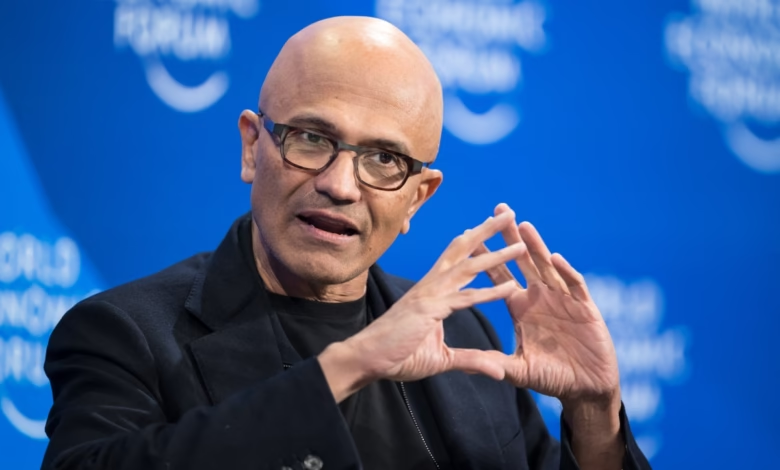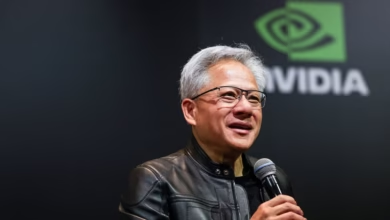OpenAI’s $200M Defense Deal Puts Microsoft in a Tight Spot

▼ Summary
– OpenAI secured a $200 million contract with the U.S. Department of Defense to develop AI prototypes for administrative and national security tasks.
– Possible applications include healthcare assistance for service members, data streamlining, and proactive cyber defense, all aligned with OpenAI’s usage policies.
– The DoD’s announcement emphasized using frontier AI for warfighting and enterprise domains, though OpenAI’s stance on military use remains unclear after removing explicit prohibitions in 2024.
– The deal highlights Silicon Valley’s concerns about China’s AI advancements, framed as a “cold war” by OpenAI investor Marc Andreessen.
– The contract strains OpenAI’s relationship with Microsoft, which recently gained DoD approval for its Azure OpenAI Service but now faces direct competition from OpenAI.
OpenAI has secured a $200 million contract with the U.S. Department of Defense to develop AI-powered solutions for national security challenges. The agreement focuses on creating prototype systems using OpenAI’s advanced models to streamline administrative tasks, improve healthcare access for military personnel, and enhance cybersecurity defenses. While the company emphasizes all applications must align with its usage policies, the deal raises questions about the boundaries between AI innovation and military applications.
The DoD’s announcement highlights plans to leverage frontier AI capabilities for both operational and enterprise-level needs. Though OpenAI prohibits weapon development through its platforms, recent changes to its terms of service, removing explicit bans on military use, have fueled speculation about the scope of this partnership. The shift coincides with growing concerns among tech leaders about global AI competition, particularly with China, which some describe as a technological “cold war.”
Microsoft, OpenAI’s largest investor, now faces an awkward position. The tech giant has long-standing government contracts, including a recent approval for its Azure OpenAI Service to handle classified data. However, the DoD’s direct engagement with OpenAI bypasses Microsoft’s established infrastructure, potentially straining their collaboration. This move signals OpenAI’s push for independence in the government sector, where Microsoft has historically dominated.
The deal is part of OpenAI’s new “OpenAI for Government” initiative, expanding its work with agencies like NASA, the NIH, and the Treasury. While details remain sparse, the arrangement underscores the increasing integration of AI into national security, and the complex dynamics between private tech firms and public sector demands. Neither company has commented on how this partnership might affect their broader relationship.
(Source: TechCrunch)






